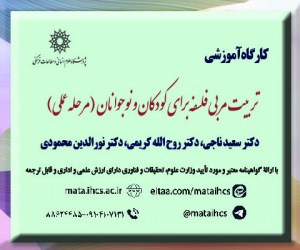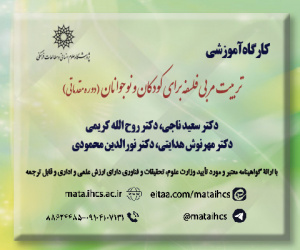بازتعریف مصادیق قراردادهای مستوجب سلطه بیگانگان (موضوع اصل 153 قانون اساسی) با نگاهی به نظرهای شورای نگهبان (مقاله علمی وزارت علوم)
درجه علمی: نشریه علمی (وزارت علوم)
آرشیو
چکیده
اصل 153 قانون اساسی ج.ا.ا با درک تجربه تلخ گذشته ناشی از انعقاد معاهدات سلطه جویانه، هرگونه قراردادی را که موجب سلطه بیگانگان بر منابع طبیعی، اقتصادی، فرهنگ و ... شود، ممنوع اعلام کرده است. به نظر می رسد این اصل نیاز به بازتعریف مصادیق قراردادهای مستوجب سلطه دارد، چراکه می تواند موجب سوءبرداشت شود. با این اوصاف مقاله حاضر با روش تحلیلی - توصیفی و استفاده از ابزارهای کتابخانه ای و نظرهای شورای نگهبان در پی این هدف است که ضمن تعریف «سلطه» و دامنه شمول مفهوم «بیگانه»، مصادیق اصل 153 را بازتعریف کرده و ابهامات موجود در این زمینه را پاسخ دهد. نوشتار حاضر بر این فرض استوار است که عینیت سازی اصل 153 نیازمند قوانین موضوعه و تبیین و تکمیل آن از جانب مجلس است و خلأ قانون عادی در زمینه تعریف مصادیق اصل 153 موجب می شود که اصل یادشده جزء اصول معطل مانده و مسکوته تلقی شود. بنابراین یافته اصلی نوشتار حاضر این است که مصادیق اصل یادشده از جمله «دیگر شئون کشور» می تواند موجب ایجاد سوءبرداشت ها و تفاسیری شود منافع ملی را بسیار تحت تأثیر قرار دهد.Redefining Foreign-Dominated Contracts Under Article 153 of the Iranian Constitution; with a Look at the Opinions of the Guardian Council
Article 153 of the Constitution of the Islamic Republic of Iran, recognizing the bitter experience of the past, resulting from the conclusion of hegemonic treaties, has prohibited any contract that causes foreign domination of natural resources, economy, culture, etc. This Article seems to need to redefine the instances of contracts subject to domination because it can lead to misunderstandings. However, this paper seeks to redefine the instances of article 153 while defining "domination" and the scope of the concept of "alien", as well as answer the ambiguities in this field using an analytical-descriptive method, with library resources and opinions of the Guardian Council. This paper is based on the premise that the objectification of article 153 requires the relevant laws and its explanation and completion by the parliament, and the emptiness of ordinary law in defining the instances of article 153 makes the mentioned principle one of the suspended and silent articles. Therefore, the main finding of the present article is that the instances of the mentioned principle, including "other affairs of the country", can lead to misunderstandings and interpretations that can have profound effects on national interests.



